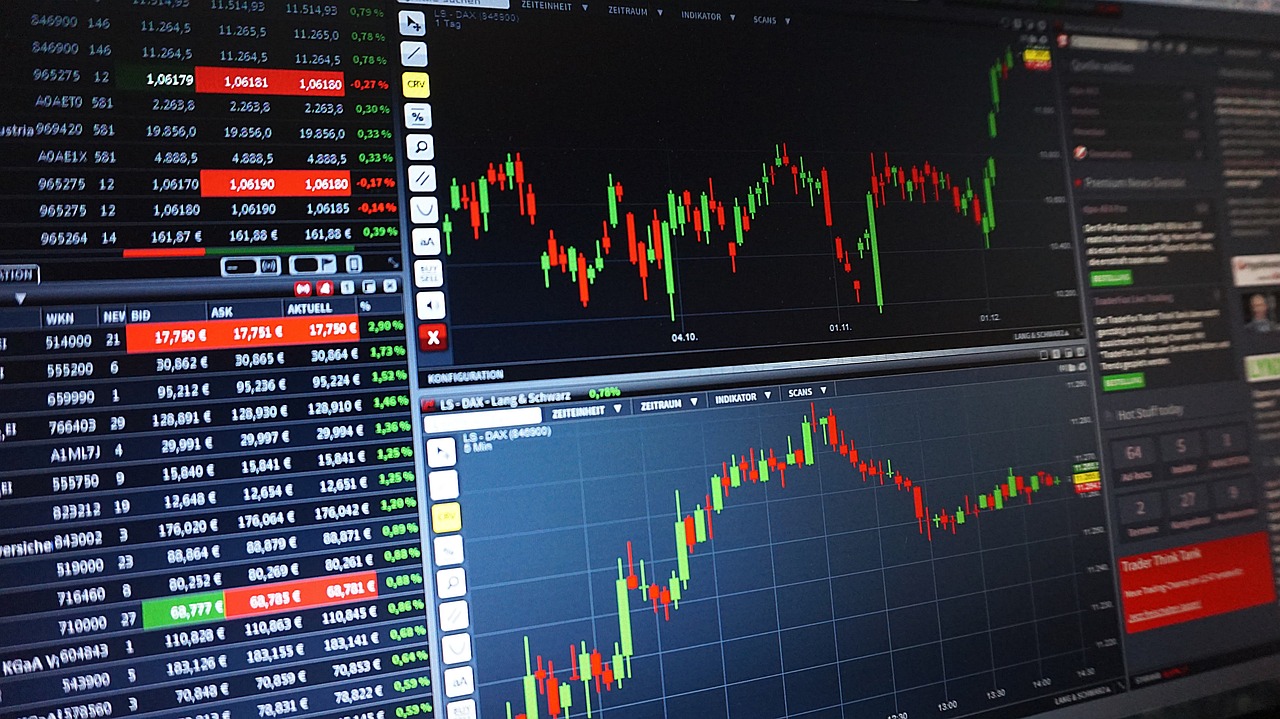
Following a pause in rate cuts in August, the MNB’s latest decision reflects a more favorable external monetary policy.Continue reading


Easy Branches allows you to share your guest post within our network in any countries of the world to reach Global customers start sharing your stories today!
Easy Branches
34/17 Moo 3 Chao fah west Road, Phuket, Thailand, PhuketCall: 076 367 766
info@easybranches.comIn view of Hungary’s long-term national and economic strategic goals, the Hungarian National Bank (MNB) decided to increase its gold reserves from 94.5 tons to 110 tons, writes the official portal. The increase was supported by the further stre

In view of Hungary’s long-term national and economic strategic goals, the Hungarian National Bank (MNB) decided to increase its gold reserves from 94.5 tons to 110 tons, writes the official portal. The increase was supported by the further strengthening of the global economic, geopolitical and capital market developments that have led to the appreciation of gold in recent years.
Gold continues to be one of the most important global reserve assets, as evidenced by the significant central bank purchases in recent years.
By increasing its gold reserves (from 0.32 ounces to 0.37 ounces), Hungary has the highest per capita gold reserves in the Central and Eastern European region.
In 2024, the centenary year of the founding of the Hungaria National Bank, the MNB decided to increase the gold reserve from 94.5 tons to 110 tons, taking into account Hungary’s long-term national and economic strategic goals.
In recent years, the global economic, geopolitical and capital market developments that have contributed to the appreciation of the role of gold have further strengthened. Gold has historically played a number of roles in different financial systems. It is an effective complement to foreign exchange reserves even under normal market conditions.
In times of heightened financial and geopolitical uncertainty, in extreme market environments, gold’s role as a safe haven and store of value is of particular importance, it can strengthen confidence in the country and support financial stability.
All these advantages mean that gold remains one of the most important reserve assets worldwide. Central banks’ demand for gold in recent years has confirmed this: central bank purchases continued to rise in 2021-2022, reaching a historic peak in 2022 (1,082 tons), and in 2023, slightly below the historic peak, central bank demand also exceeded 1,000 tons.
The profile of the most active central banks has changed: traditional economic powers such as the US, Germany, France and Italy are no longer buying more gold, but are holding on to the substantial holdings they already have. The United States holds the most gold, with over 8,100 tons, accounting for almost 78% of its total foreign exchange reserves. Emerging economies such as Russia, China, Turkey and India have stepped in as buyers of gold. Despite buying significant amounts of gold over the past decade, these four countries still lag behind their Western counterparts. Recently, among the EU Member States, Poland and Hungary have been regularly increasing their gold reserves.
The Hungarian National Bank has held gold reserves since its foundation in 1924, but its stock has fluctuated widely over the decades. The stock of gold reserves rose until the World War II, when, at the end of the war, the MNB evacuated some 30 tons of gold bullion bars and gold coins to Spital am Pyhrn in Austria. After the war, the gold reserves were returned to the country and used as collateral to support the stabilization of the Hungarian economy and financial consolidation when the forint was introduced. At the time of the end of Communism in Hungary (1989), the country’s gold reserves were reduced in several stages to a minimum level of around 3.1 tons.
In line with long-term national and economic strategy objectives, the MNB more than tenfold increased the gold reserve to 31.5 tons in 2018 and tripled it to 94.5 tons in 2021.
By increasing the current gold reserve to 110 tons, the MNB continued the gold buying process started in 2018 to achieve its long-term national strategic goals.
Via MNB; Featured image via Pexels
The post National Bank Increases Gold Reserves to a Record High appeared first on Hungary Today.